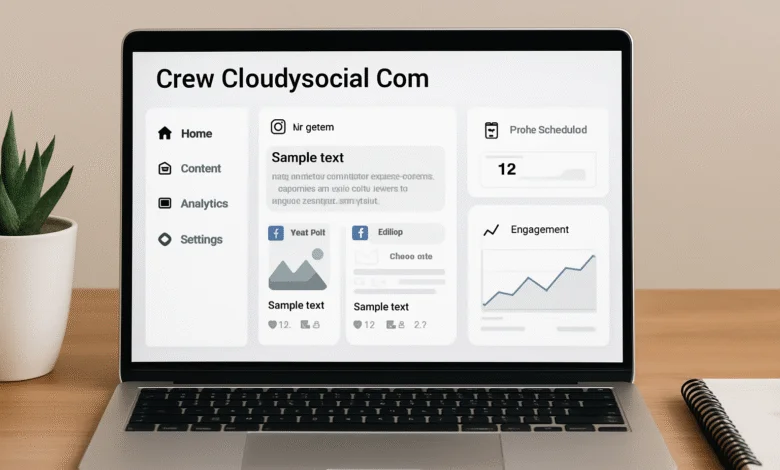Do you remember when you were younger and all you had to do was tell your parent, grandparent, or teacher that you weren’t feeling well and they would take care of everything for you? One of the less fortunate parts of becoming an adult is being responsible for your own medical care and appointments.
But what happens when you’re sick or injured and your doctor’s office isn’t open? Or if you don’t think your condition is potentially serious? You can visit urgent care.
Urgent care facilities are meant for minor medical emergencies and other medical services. Read below to find out what you need to know before going to urgent care.
When to Go to Urgent Care
The difference between urgent care and doctor is that urgent care is usually open 24 hours a day, 7 days a week. At an urgent care center, they treat minor medical emergencies like cuts, burns, or flu symptoms. If you want to schedule a routine or non-emergency appointment, it’s better to call your doctor’s office.
If you are having a serious medical emergency such as a heart attack, stroke, or severe abdominal pain you may want to visit an emergency room instead of urgent care. The emergency room has more resources to treat life-threatening medical emergencies.
Before Going to Urgent Care
Deciding when to call a doctor or visit urgent care is a personal decision. But if you decide to go to urgent care, here are a few things to know.
1. You Can Check In Online
Whether you have an appointment or not you may be able to check in to the urgent care center before you arrive. This will streamline the process and hopefully get you in to see a medical professional sooner.
2. Urgent Care and Insurance
If you have health insurance, contact your provider to determine whether your plan covers urgent care visits. With insurance, an urgent care visit may cost as little as $25.
Without insurance, the visit could cost anywhere between $80 and $300. If you do not have insurance, you can also visit a doctor’s office but it may cost hundreds of dollars out of pocket. However, urgent care is not always less expensive than a doctor’s visit.
3. Know the Busy Times
Urgent care facilities, especially 24 hour urgent care facilities, are busier nights, weekends, and holidays because that’s typically when doctor’s offices are closed. If you have more than one urgent care facility nearby, try calling to see the estimated wait time before you go.
Get the Medical Care You Need
For non-emergency care, you can visit your primary care doctor but for minor medical emergencies, visit urgent care. Before going to urgent care be sure that you are not dealing with a life-threatening emergency. Any serious or potentially fatal emergency situation should be handled by an emergency room.
Follow the other tips above about urgent care visits to get the most out of your urgent care visit. Your health is a valuable resource and you should protect it any way that you can.
Need advice? Check out our other blogs with advice on everything from health and fitness to technology and home improvement.










